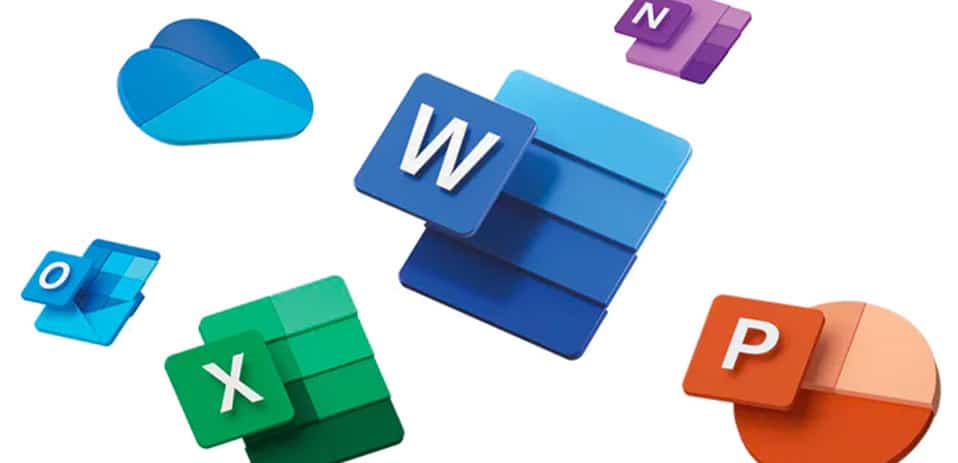As previously announced, Windows 8 ended support on January 12, 2016 and Microsoft 365 Apps ended support on Windows Server 2012/R2 on January 14, 2020. As innovations continue to be released for Microsoft 365 Apps, we would like to remind our customers that new features in Microsoft 365 Apps may create stability and performance issues when running on older or unsupported operating systems.
Note: If your business is not running Windows 8 or Windows Server 2012 you can safely disregard this message.
In particular, any Microsoft 365 Apps updated to version 2005 or later will result in functionality and stability issues for Office applications due to innovations that are not compatible with Windows 8 and Windows Server 2012.
For Windows 8 devices, in order to remain unaffected while continuing to receive updates to Microsoft 365 Apps, we recommend upgrading to Windows 8.1, or preferably Windows 10.
For those devices running Windows Server 2012 we recommend upgrading to Windows Server 2019, or preferably moving to Windows Virtual Desktop solutions.
How does this affect me?
If you are running Windows 8 or Windows Server 2012 and update Microsoft 365 Apps to version 2005 or later, you will experience functionality and stability issues in your Office applications due to innovations that are not compatible with those operating systems.
What do I need to do to prepare for this change?
If any of your users are running Windows 8, we recommend upgrading to Windows 8.1, or preferably Windows 10 prior to updating to a version of Microsoft 365 Apps version 2005 or beyond. For devices configured for Office auto-update, you may also choose to temporarily disable automatic updates until you are able to upgrade Windows.











